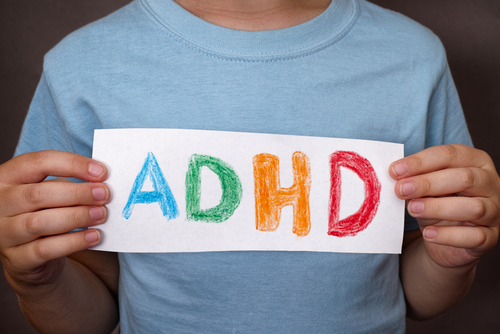ADHD Medications Proven NOT to Increase Likelihood of Substance Abuse

Most medications prescribed for ADHD, attention deficit hyperactivity disorder, are stimulant medications like amphetamines. In the past, it has been widely believed that putting young children, adolescents, and teenagers on these medications makes them more susceptible to substance abuse in the future because of the harsh effects of the medications. Mental health issues of any kind, which ADHD is considered to be, already creates a higher likelihood of substance abuse. ADHD includes symptoms like impulsivity and recklessness, which also create a higher likelihood of substance abuse. However, new research shows that ADHD medication does not increase the likelihood of substance abuse but might actually lower the chance.
Conducted by Indiana University, the study used data from 146 million people, 3 million of which had ADHD and were prescribed medications, making it one of the largest studies of its kind. Patients' data examined in the study revealed that 57% of people being treated for ADHD go through periods of medication use and periods without medication use. During times of medication use, there was over a 30% lower risk of substance use problems in men and women, 35% and 31% respectively. A mere 2% went to the emergency room for a substance abuse problem.
ADHD medications are called ‘study drugs' as a general description when the substance is abused. People without ADHD abuse popular medications like Adderall, Ritalin, and Vyvanse for their stimulant benefits like hyper focus, staying awake, not needing to eat, and memory retention. Stimulant amphetamines are highly addictive for those who do not chemically need them. As a stimulant medication, there is risk for developing heart complications, anxiety, and chemical dependency.
Adolescents with ADHD who seek residential treatment for drug and alcohol addiction do not stop their treatment for ADHD. Therapeutic methods like biofeedback are proven to help with ADHD management. Psychiatrists prescribe non-stimulant ADHD medications like Strattera to help adolescents focus in their treatment sessions.
Stonewater Adolescent Recovery Center offers medical withdrawal management for adolescents in need of detox from drugs like stimulant amphetamines before entering our residential treatment programs. Providing services to adolescent males, our unique programs offer a rehabilitating retreat in a remote area of Mississippi where young males can focus on healing, building a positive foundation, and progressing in their academics. For information, call us today: 662-598-4214.

.jpg)

